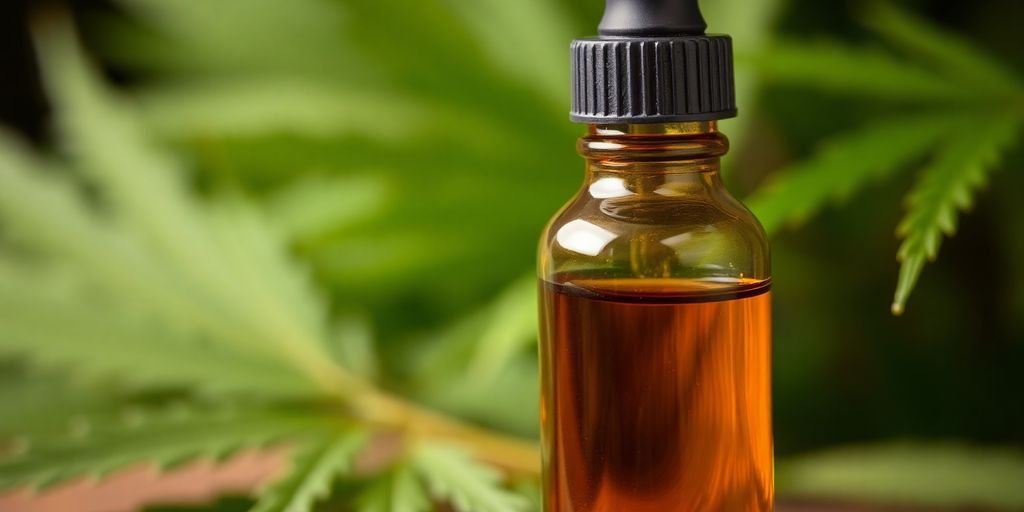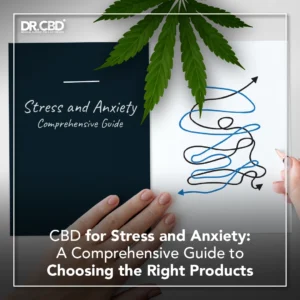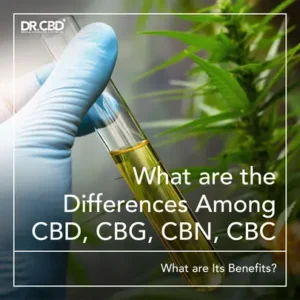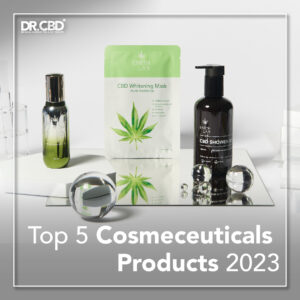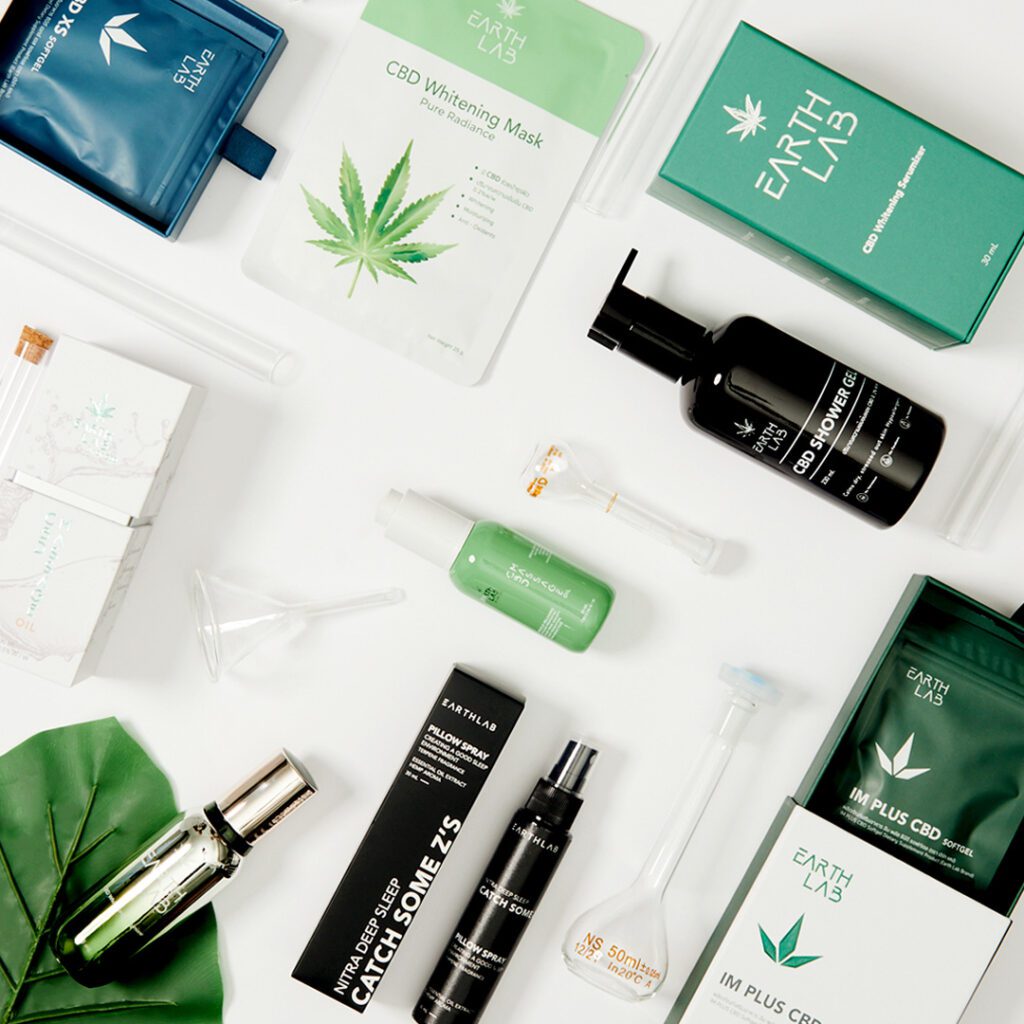So, you’re thinking about buying CBD? You’re not alone. With so many products out there, it can be a bit overwhelming. Whether you’re looking to ease some pain, manage anxiety, or just curious about what CBD can do for you, it’s important to know what you’re getting into. This guide will help you make sense of the CBD world, from understanding the basics to making sure you’re buying a quality product.
Key Takeaways
- Learn the basics of CBD and how it interacts with the body.
- Understand the legal differences between federal and state laws regarding CBD.
- Identify the right CBD product for your needs by comparing oils, edibles, and topicals.
- Evaluate the quality of CBD products by checking for third-party lab testing and understanding potency.
- Discover where to buy CBD, whether online or in-store, and how to find reputable brands.
Understanding CBD: What You Need to Know

The Basics of CBD
CBD, short for cannabidiol, is a compound found in cannabis plants. It’s non-psychoactive, meaning it won’t get you "high" like THC, another compound in cannabis. Many folks are turning to CBD for its potential health benefits, which range from pain relief to anxiety reduction. But remember, research is still ongoing, so it’s important to stay informed.
How CBD Works in the Body
CBD interacts with the body’s endocannabinoid system, a network of receptors that helps regulate various functions like sleep, mood, and pain. By influencing these receptors, CBD may help maintain balance in the body. Though the exact mechanism isn’t fully understood, the potential for therapeutic effects is promising. Some people find relief from symptoms, while others notice little change.
Different Types of CBD Products
There’s a whole world of CBD products out there. From oils and tinctures to edibles and topicals, each type offers unique benefits. Here’s a quick rundown:
- Oils and Tinctures: Usually taken under the tongue, these are fast-acting and allow for easy dosage adjustments.
- Edibles: Gummies and capsules are convenient and discreet, though they take longer to kick in.
- Topicals: Creams and balms are applied directly to the skin, targeting localized pain or inflammation.
When choosing a product, consider your lifestyle and specific needs. If you’re unsure where to start, you might want to explore the benefits of purchasing CBD products online, which can offer a wide range of options and detailed product information.
Legal Considerations When Buying CBD
Federal vs. State Laws
Buying CBD can feel like navigating a maze, thanks to the patchwork of laws across the U.S. Federally, CBD derived from hemp is legal, but here’s the catch: it must contain less than 0.3% THC. States, however, have their own rules. Some states allow full-spectrum CBD products, while others might restrict them to isolate forms only. It’s crucial to know your state’s stance before making a purchase.
Understanding THC Content
THC is the psychoactive component in cannabis, and its presence in CBD products is a hot topic. While federal law mandates less than 0.3% THC in hemp-derived CBD, some states have stricter limits or outright bans. Always check the product’s lab results to confirm THC levels and ensure they meet your local regulations.
Purchasing CBD Online vs. In-Store
When it comes to buying CBD, you have two main options: online or in-store. Online shopping offers a vast selection and convenience, but it also requires due diligence to avoid scams. Look for reputable CBD brands with clear lab reports and customer reviews. In-store purchases allow you to see products firsthand and ask questions, but they might have a limited selection. Whichever route you choose, make sure you’re buying from a trusted source.
Understanding the legal landscape of CBD is like piecing together a puzzle, but taking the time to learn the rules can save you from potential legal headaches.
How to Choose the Right CBD Product for You
Identifying Your Needs
Before you dive into the world of CBD, it’s important to figure out what you’re looking to achieve. Are you seeking relief from chronic pain, anxiety management, or perhaps a better night’s sleep? Understanding your personal needs is the first step to finding the right product.
- Pain Relief: Consider products like topical creams or oils.
- Anxiety Management: Tinctures and edibles might be more suitable.
- Sleep Improvement: Look into CBD products specifically formulated for sleep.
Comparing CBD Oil, Edibles, and Topicals
CBD comes in various forms, each with its own set of benefits and drawbacks. Here’s a quick breakdown:
| Product Type | Benefits | Considerations |
|---|---|---|
| Oil | Fast absorption, versatile | Taste may not be pleasant |
| Edibles | Easy to consume, long-lasting effects | Slower onset |
| Topicals | Targeted relief, non-psychoactive | Limited to surface-level issues |
Choosing between these depends on your lifestyle and preferences. For instance, if you dislike the taste of oil, edibles might be a better option.
Reading Product Labels and Ingredients
When buying CBD, always check the label. Look for the CBD content per serving, and make sure it matches your needs. Also, be aware of any additional ingredients that might not suit your dietary restrictions or preferences.
- Check for full-spectrum or broad-spectrum labels.
- Ensure there’s a clear indication of THC content.
- Watch out for artificial additives or preservatives.
"Knowing what’s in your CBD product is just as important as knowing what it can do for you."
By understanding these aspects, you’ll be better equipped to select the right CBD products for your health and wellness journey.
Evaluating CBD Product Quality

Third-Party Lab Testing
If you’re diving into the world of CBD, you’ll soon realize that not all products are created equal. Third-party lab testing is a must-have when you’re evaluating quality. These tests are done by independent labs that check for things like potency, purity, and whether the product contains any harmful substances. When you see a product with a lab report, it’s like a badge of trust. You know exactly what you’re getting, no surprises.
Understanding CBD Potency
Potency is all about how strong a CBD product is. It’s usually measured in milligrams of CBD per serving. A higher potency means more CBD per dose. So, if you’re dealing with something like chronic pain or severe anxiety, you might need a higher potency product. But remember, more isn’t always better. Sometimes, a lower dose can be just as effective, depending on your needs.
Recognizing Red Flags in CBD Products
Be on the lookout for red flags when shopping for CBD. If a product doesn’t have a clear label or lacks information about the ingredients, that’s a big warning sign. Also, steer clear of products that make outrageous health claims. CBD is great, but it’s not a miracle cure. Lastly, if a company isn’t transparent about their testing practices or doesn’t provide lab results, it’s best to look elsewhere.
When choosing CBD, think of it like picking fresh produce at the market. You want to know where it’s from, how it was grown, and what’s inside. Quality matters, especially if you’re using CBD for health reasons. Medical-grade CBD products are an excellent choice if you’re looking for something that adheres to strict standards and offers consistent effects.
Where to Buy CBD: Exploring Your Options

Online Retailers vs. Local Shops
When it comes to buying CBD, you’ve got two main options: online retailers and local shops. Online shopping is super convenient. You can browse a ton of products, read reviews, and even compare prices without leaving your couch. Plus, purchasing CBD online often means access to a wider variety of products than you might find in a local store.
On the other hand, local shops give you the chance to see products in person and ask questions directly to the staff. This can be really helpful if you’re new to CBD and want some guidance. But remember, not all local shops carry the same selection or quality of products.
Finding Reputable CBD Brands
Whether you’re shopping online or in-store, finding a reputable CBD brand is key. Here are a few tips to help you out:
- Check for third-party lab results: A trustworthy brand will have lab results available to prove the quality and purity of their products.
- Read reviews: Look at what other customers are saying. This can give you a good sense of the brand’s reputation.
- Research the company’s background: A quick search can tell you a lot about how long the company has been in business and their standing in the industry.
Tips for Buying CBD Safely
To make sure you’re getting a quality product, keep these tips in mind:
- Verify the THC content: Make sure the product contains less than 0.3% THC to comply with federal regulations.
- Look for organic ingredients: This ensures you’re not ingesting harmful pesticides or chemicals.
- Start with a small purchase: Especially if you’re trying a new brand, it’s smart to start small to see how your body reacts.
Buying CBD can seem overwhelming at first, but by knowing where to look and what to look for, you can make an informed decision that suits your needs.
Understanding CBD Dosage and Usage

Determining the Right Dosage
Figuring out the right CBD dosage can be a bit of trial and error. Everyone’s body reacts differently, so what works for one person might not work for another. Here’s a simple approach to get started:
- Start small: Begin with a low dose, maybe around 5-10 mg per day.
- Monitor your body’s response: Pay attention to how your body feels and any changes you notice.
- Adjust as needed: Gradually increase the dosage if you feel it’s necessary, but do it slowly.
Methods of CBD Consumption
CBD can be taken in various forms, each offering different benefits:
- Oils and Tinctures: These are taken sublingually (under the tongue) and are quickly absorbed.
- Edibles: Gummies and capsules are easy to take and offer a pre-measured dose.
- Topicals: Creams and balms are applied directly to the skin, ideal for localized relief.
Adjusting Dosage for Effectiveness
Once you’ve settled on a method, it’s important to adjust your dosage to maximize its effectiveness. Keep these tips in mind:
- Consistency is key: Take your CBD at the same time each day to maintain steady levels in your system.
- Listen to your body: If you start feeling any adverse effects, it might be time to reduce your dosage.
- Patience is important: It might take a few weeks to find the perfect balance, so don’t rush the process.
Finding the right CBD dosage is a personal journey. It requires patience, careful observation, and a willingness to adjust as needed. Stay open to experimenting with different methods and dosages to discover what truly works for you.
Potential Benefits of Using CBD
CBD for Pain Relief
CBD has been making waves for its potential to help with pain management. Whether it’s chronic pain from arthritis or the occasional muscle ache, many users have reported feeling relief after using CBD products. One of the reasons CBD is gaining popularity is its ability to interact with the body’s endocannabinoid system, which plays a role in regulating pain. While more research is needed to fully understand its effects, CBD could be a promising option for those seeking natural pain relief.
CBD and Anxiety Management
Feeling anxious? You’re not alone, and CBD might just be the thing to help calm those nerves. Studies have shown that CBD can have a calming effect on the mind, making it a popular choice for those dealing with anxiety. An interesting aspect of CBD is its non-intoxicating nature, meaning it doesn’t produce the "high" associated with THC. This makes it appealing for those who want to manage anxiety without altering their mental state.
CBD for Sleep Improvement
Struggling to catch some Z’s? CBD might be able to help with that too. Many people have turned to CBD as a natural sleep aid, reporting improved sleep quality and duration. The way CBD interacts with the body can promote relaxation, which is crucial for a good night’s sleep. Here’s a quick list of potential sleep benefits of CBD:
- May help regulate sleep patterns.
- Could reduce insomnia symptoms.
- Might promote longer, uninterrupted sleep.
If you’re considering CBD for sleep, it’s important to start with a low dose and see how your body responds. Adjusting dosage over time can help you find the sweet spot for a restful night.
For more insights into CBD’s potential benefits, check out this comprehensive guide on its origins and therapeutic properties.
Possible Side Effects and Risks of CBD
Common Side Effects
Trying out CBD for the first time? You might notice a few side effects. Most people experience mild issues like dry mouth or a bit of drowsiness. Some folks even mention a slight drop in blood pressure. It’s usually nothing serious, but it’s good to be aware.
- Dry Mouth: This happens because CBD can affect saliva production.
- Drowsiness: Some users feel more relaxed or sleepy.
- Reduced Appetite: Not everyone, but a few might feel less hungry.
Interactions with Medications
CBD can interact with certain medications. If you’re taking blood thinners or heart meds, it’s wise to chat with your doctor first. Mixing CBD with other drugs can change how your body processes them, which might lead to unexpected effects.
Who Should Avoid CBD
Not everyone should jump on the CBD bandwagon. Pregnant or breastfeeding moms should probably steer clear. Also, if you have liver issues or are on medications that warn against grapefruit, be cautious.
Before diving into the world of CBD, it’s essential to weigh the potential benefits against the risks. Understanding how it might interact with your body and current medications can help you make an informed decision.
For those curious about the benefits and applications of cannabidiol, there’s a lot more to explore. Whether it’s for pain relief or stress management, knowing the full picture can guide you in choosing the right path.
Tips for First-Time CBD Buyers
Setting Realistic Expectations
When you’re starting out with CBD, it’s easy to get swept up by all the hype. Remember, CBD isn’t a magical cure-all. It might help with certain issues like pain or anxiety, but results can vary from person to person. Take time to understand what you’re hoping to achieve with CBD and set goals that are realistic. This way, you won’t be disappointed if it takes a little longer to see the effects.
Budgeting for CBD Purchases
CBD products can be pricey, and it’s important to plan your budget accordingly. Consider these steps:
- Determine your needs: Think about what type of CBD product you want to try—oil, edibles, topicals—and how frequently you’ll use it.
- Research prices: Check out different brands and their price ranges. Some products might be more expensive due to higher quality or potency.
- Start small: It’s wise to begin with a smaller purchase to see how your body reacts before committing to a larger, more expensive order.
Seeking Professional Advice
Before diving into the world of CBD, it might be helpful to talk to a healthcare professional. They can provide insights into how CBD might interact with any medications you’re currently taking. Plus, they can help guide you on the right dosage to start with. If you’re considering CBD for specific health issues like Alzheimer’s, professional advice is even more crucial.
First-time buyers should approach CBD with an open mind, ready to learn and adjust their choices based on personal experience and expert guidance. It’s a journey, not a quick fix.
Staying Informed About CBD Trends and Research
Latest Research on CBD
Staying updated with the latest research on CBD is like keeping your finger on the pulse of a rapidly changing field. New studies are constantly emerging, shedding light on how CBD interacts with our bodies and its potential benefits. Researchers are diving into areas like pain relief, anxiety management, and sleep improvement, which are crucial for understanding CBD’s full potential. They’re also exploring its role in managing chronic conditions and its interaction with the endocannabinoid system.
Emerging CBD Products
The market is buzzing with new CBD products, each promising unique benefits. From traditional oils and tinctures to innovative edibles, topicals, and even beverages, the range is expanding. Consumers are now looking for products that fit seamlessly into their lifestyles. Some of the latest trends include CBD-infused skincare products, which aim to combine the soothing properties of CBD with beauty routines, and CBD beverages that offer a refreshing way to consume your daily dose.
Future of CBD in Health and Wellness
The future of CBD in health and wellness looks promising. As more research comes to light, the potential of CBD as a natural alternative to traditional painkillers and stress relievers is becoming more evident. The industry is expected to grow, with more people seeking natural and holistic solutions for their health. This growth is not just about new products but also about finding effective solutions for physical wellbeing through quality CBD products.
As the CBD market evolves, staying informed is key to making educated decisions about the products you choose. Whether you’re a seasoned user or new to the world of CBD, understanding the trends and research can help you navigate this exciting landscape with confidence.
Understanding the CBD Market
Growth of the CBD Industry
The CBD industry has been on a rollercoaster of growth, especially in the past few years. It’s been fascinating to watch. CBD has transformed from a niche product into a mainstream health supplement. This boom is driven by increasing consumer interest in natural health remedies and the gradual legalization of cannabis products in various regions. Just a decade ago, CBD was relatively unknown, but now it’s everywhere—it’s in oils, gummies, skincare, and even pet products. The market’s expansion is also fueled by ongoing research into the potential health benefits of CBD, which keeps the buzz alive and kicking.
Key Players in the CBD Market
When you talk about the CBD market, you can’t ignore the big names that have helped shape it. Some companies have become household names, thanks to their innovative products and aggressive marketing strategies. Here are a few key players:
- Charlotte’s Web: Known for their high-quality hemp extracts, they’ve been pioneers in the CBD space.
- CBDfx: Offers a wide range of CBD products, from tinctures to topicals, and is known for its commitment to quality.
- Green Roads: A pharmacist-founded brand that’s made a name for itself with its pharmacist-formulated products.
These companies, among others, have set standards for quality and transparency, influencing smaller brands to step up their game.
Trends in CBD Consumer Preferences
Consumer preferences in the CBD market are always changing. Right now, there’s a noticeable shift towards products that are not only effective but also eco-friendly. People want to know where their CBD comes from and how it’s made. Sustainability is a big deal, and brands that prioritize ethical sourcing and environmentally-friendly practices are gaining more attention. There’s also a growing demand for CBD products with specific formulations, like those targeting sleep or stress relief. It’s all about personalization these days, and consumers are more informed and choosy about what they buy.
As the CBD market continues to evolve, it’s clear that innovation and transparency will be key. Consumers are not just looking for products that work; they want to trust the brands they buy from. This trust is built through clear labeling, third-party testing, and a commitment to quality.
For those interested in how Post-Traumatic Stress Disorder can be addressed with CBD, understanding these market dynamics can be crucial in choosing the right product.
Wrapping It Up
So, there you have it, folks. Buying CBD doesn’t have to be a headache. Just keep in mind what you’re looking for, whether it’s oil, gummies, or something else. Check the labels, read some reviews, and maybe ask around. It’s all about finding what works for you. Remember, everyone’s different, so what works for one person might not be your jam. And hey, don’t stress too much about it. With a bit of patience and some trial and error, you’ll find the right CBD product for you. Happy shopping!
Frequently Asked Questions
What is CBD?
CBD is a natural compound found in cannabis plants. It’s not the part that makes you high, but some people use it for health reasons.
Is CBD legal?
CBD is legal in many places, but the rules can be different depending on where you live. It’s important to check local laws.
Can CBD make you feel high?
No, CBD doesn’t make you feel high. It’s different from THC, which is the part of cannabis that can cause that feeling.
How do I know if a CBD product is good quality?
Look for products that have been tested by a third-party lab. This means an outside company checked the product to make sure it’s safe and has the right ingredients.
What are the different ways to use CBD?
You can take CBD as oil, eat it in foods, or even use it as a cream on your skin. Each way works a bit differently.
How much CBD should I take?
The right amount of CBD can be different for each person. It’s a good idea to start with a small amount and see how it affects you.
Are there any side effects of using CBD?
Some people might feel tired or have a dry mouth after using CBD. It’s usually safe, but it’s good to talk to a doctor if you’re worried.
Can I use CBD with other medicines?
CBD can interact with some medicines, so it’s important to ask a doctor if you’re taking other medications.

